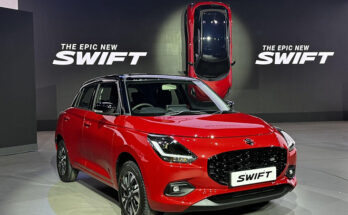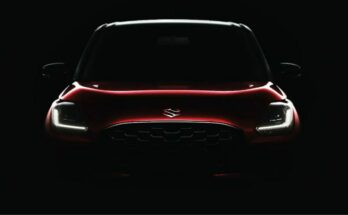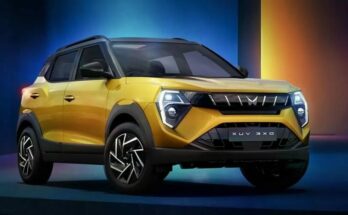Witnessing the Delhi Air Quality Index (AQI) at an alarming 324, the Delhi government has decided to continue prohibiting BS-3 petrol and BS-4 diesel cars from plying on the city roads. In case any such vehicles are found running on Delhi roads, a fine of INR 20,000 can be slapped, according to a regulation implemented by the Delhi government.
Bear in mind Delhi has the second worst air quality in the world only behind Lahore, which has an even worse AQI figure of 445. For those unaware, India has its own set of emission norms— Bharat Stage Emission Standards (BSES or simply BS). India currently adheres to BS-6 norms, which were first enforced in April 2020, while phase 2 of these norms was implemented in April 2023.
Related: Lahore Becomes the Worst in the World for Air Quality
According to Delhi’s Environment Minister Gopal Raisaid, there has been a constant improvement in air quality, but people still need to be aware in order to maintain this improvement. He also stated that other than the construction work of national importance, all other construction activities are prohibited.
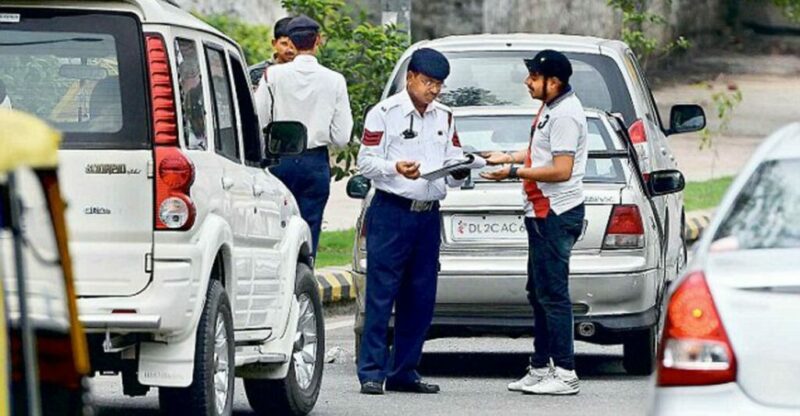
Currently, BS-3 and BS-4 vehicles are not permitted to enter or travel in Delhi from other cities, however, restrictions on buses and trucks have been relaxed by the Delhi government. Gopal requested the people of Delhi and North India to remain vigilant. He said:
“Although there has been improvement in pollution, we still need to be cautious. Before Diwali, the AQI had reached 215, but the carelessness that followed led to an increase in the AQI after Diwali.”
Although there is a possibility that the ban on BS-3 petrol and BS-4 diesel vehicles could be lifted in the future, no specific date has been provided for such an action at this time.
Related: Should We Begin Importing Second-Hand Cars from India?
On the other hand, Pakistan’s air pollution makes it rank as the second most polluted country in the world. But the government still enforces Euro-2 emission standards which were implemented here in 2012, after being phased out from the rest of the world around the year 2000. We are almost 23 years behind the rest of the world in terms of emission standards, but worst of all, there is no mechanism to even phase out the older cars off the road. The transport & commercial vehicle sector still has a bulk of buses & trucks that date back to the 1960s & 70s. Plus, a huge number of passenger cars can be found on our roads that don’t even comply with Euro-2 standards.
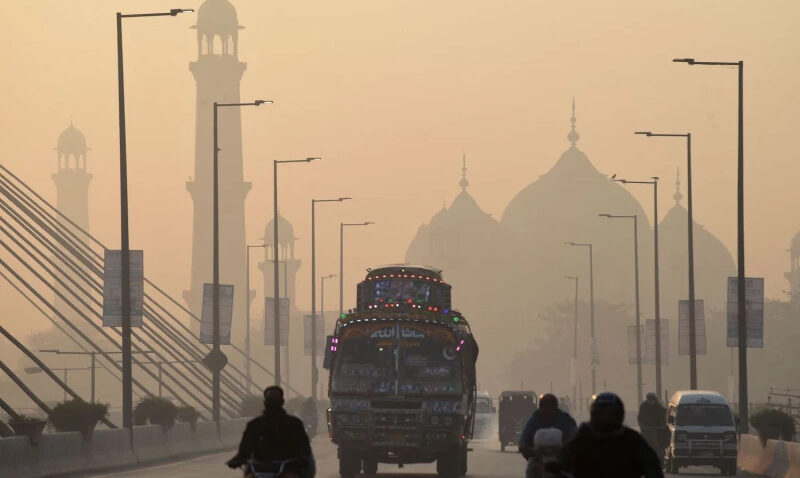
Furthermore, the government enforced Euro-5 grade fuel in 2020, but to date, most oil marketing companies & refineries in Pakistan are still offering low-grade fuel. On the other hand, auto assemblers demanded 2 years to upgrade to meet Euro-5 standards, but even after more than three years, Euro-2 cars continue to roll off the local assembly lines.
Related: How Pakistan Suffers by Still Adhering to Euro 2 Standards?
Though a few newer models have been launched here by most newcomers at their own will, that comply with Euro-4 & Euro-5 standards, on the whole, the country still mandates Euro-2 the bulk of which comes out in the shape of 2- and 3-wheelers in addition to obsolete tractors & 4-wheel offerings in passenger & commercial vehicle segments.

A computer animation professional with over 23 years of industry experience having served in leading organizations, TV channels & production facilities in Pakistan. An avid car enthusiast and petrolhead with an affection to deliver quality content to help shape opinions. Formerly written for PakWheels as well as major publications including Dawn. Founder of CarSpiritPK.com

